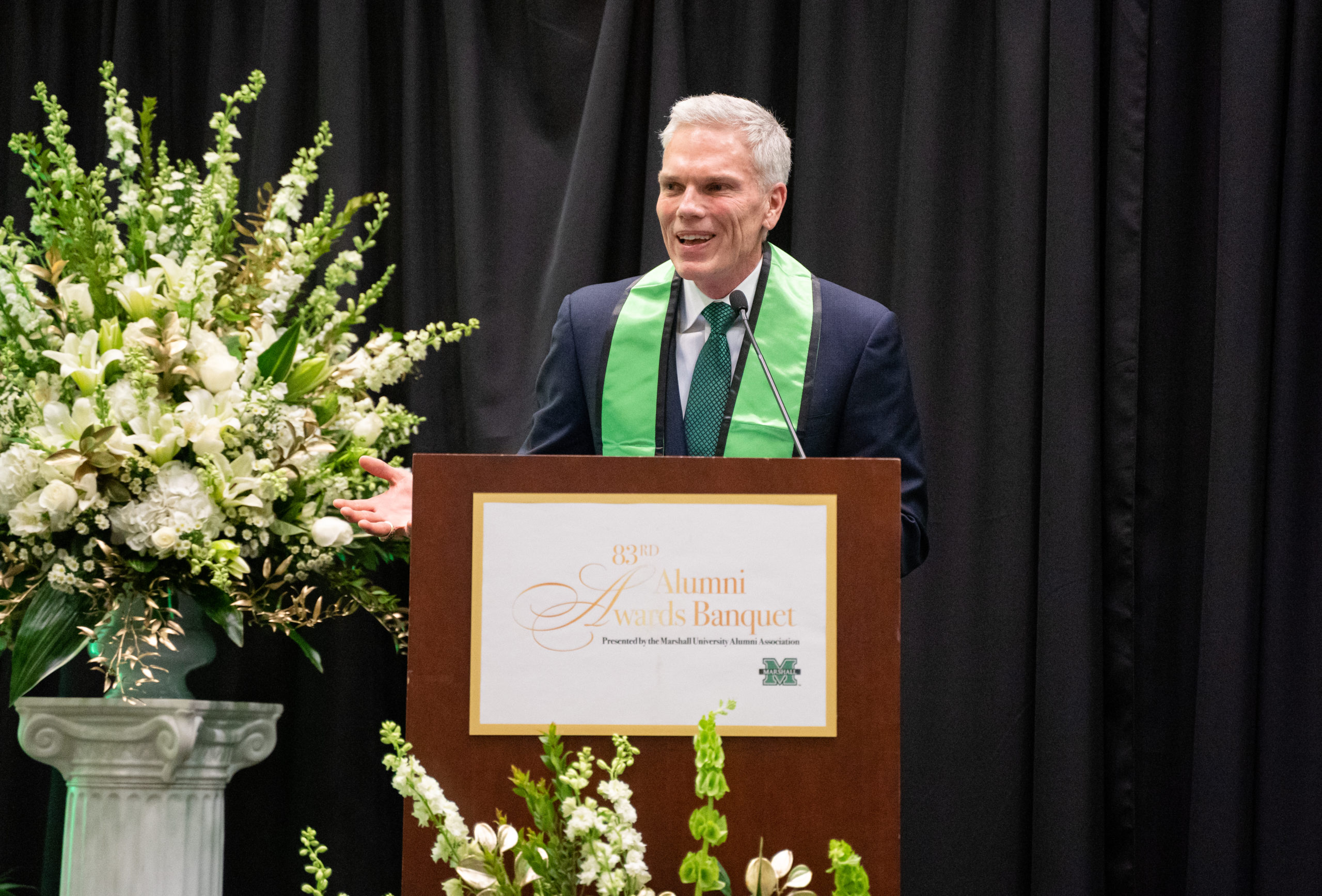Brad’s journey to becoming one of the most successful Silicon Valley CEOs wasn’t without challenges,…
Brad D. Smith on Leadership in the Modern Work Environment and His Recent Career Shift

Considering his notable tenure as a business leader in Silicon Valley, followers of Brad D. Smith’s professional career may have been surprised to see his path take a new direction in late 2021, leading him away from business and into academia. In January 2022, Brad was no longer just the former Intuit executive or the co-founder of a nonprofit. In addition to business and philanthropy, his professional pursuits were now taking him into the world of higher education, as the President of Marshall University.
But for those who know Brad beyond the headlines and are familiar with his views on leadership, perhaps it wasn’t such a surprise after all.
Brad’s Definition and Methodology for Leadership
Brad often defines leadership as the ability to inspire others to achieve shared objectives. And while he recognizes that industries may look vastly different on the surface, he believes that the definition and place of leadership remain the same across philanthropy, higher education and corporate America.
Similar to the commonly quoted poem by Gertrude Stein, “A rose is a rose is a rose.” For Brad D. Smith, “leadership is leadership is leadership.”
Aside from his definition of leadership, Brad also has a specific methodology for approaching and executing the practice which can be applied across industries. He has often discussed the five principles of leadership: potential, purpose, people, playbook and pay-it-forward. In short, he believes that to be a successful leader you must help people see envisioned potential, invest them in a shared purpose, take care to build a network of the right people, create and follow a playbook, and always pay-it-forward. Brad believes these five ingredients are the recipe for leadership success regardless of sector of operation.
Leadership in the Modern World
In addition to drastically shifting his career pursuits, Brad also made his most recent professional move during a time that meant drastic change for many. As a result of the COVID-19 health crisis, many individuals found themselves working from home in 2020 and — since — have either not returned to the office or have found themselves in a hybrid work environment, telecommuting part-time.
While the modern work environment has spurred many societal shifts and changes in social norms, Brad believes that one of the most positive from a leadership perspective has been the allowance for leaders to develop a deeper level of connection with their teams and colleagues. Getting to see the photographs hung in people’s homes or being treated to appearances of their family members and pets has allowed co-workers to connect in ways they might not have before. While Brad recognizes that blurring the line between work and home has had some negative repercussions (such as burnout and a clear balance between work and personal life), he also believes that it has led to the democratization of voices.
In the modern work environment, Brad advises that leaders should focus on the following: “We need to empathize with everyone’s circumstances, edit and do fewer things better, and we need to remain incredibly agile and adapt.” One example Brad uses is finding new ways to build culture in a largely digital world.
Brad on Shifting to a New Career
When referencing the importance of goals and, specifically, his recent career change, Brad has said, “It’s important that you always run to something, not from something.”
When shifting gears to an entirely new field, Brad personally reminded himself of the adage he learned from his mother: “We have two ears and one mouth.” Brad is a big believer in seeking first to understand before seeking to be understood. He often stresses that to be a successful leader you have to learn to be OK with not having the answers and making mistakes.
Brad has explained that, in leadership, there is a three-year learning curve when taking on a new role. In his experience, the first year is all about learning. In the second year, he believes you begin to lap yourself — you know what to expect from the previous year’s experience and can now take steps to improve. Lastly, by year three, you have enough pattern recognition to truly begin making an imprint on the organization. Brad has found this to be especially true at the people manager level and above.
“It’s important to be patient,” Brad has advised others. He’s also been known to reference the book “Outliers” by Malcolm Gladwell — a nonfiction publication that cites repetition as one of the greatest ingredients of success.
Brad’s motivated approach and optimistic viewpoints show leaders and aspiring leaders alike that there is value in being humble and no shortage of opportunity for those seeking to advance themselves and those around them through leadership.